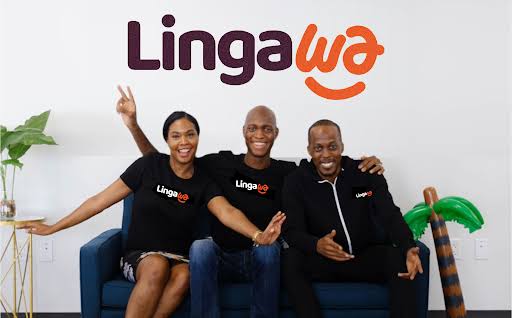Since the COVID-19 epidemic lockdowns ended and evidence of how technology supports learning was made public, investor interest in African education technology, or edtech, has decreased. However, there’s a case for continuing to emphasise technology and education in a continent overflowing with youth.
This is the idea behind the Monday-starting Mastercard Foundation Edtech conference in Abuja.
Hundreds of edtech conference participants from 13 African countries caused traffic delays on Aguiyi Ironsi Road, Maitama, and adjoining roads leading to Transcorp Hilton Abuja. The event created a gap for over 300 edtech companies discussing industry challenges.
The Web Summit of edtech startups at the Mastercard Foundation Edtech Conference attracted 600 attendees, surpassing the record of hundreds of thousands of attendees yearly.
Read also: Unlocking Edtech Potential through Collaborations and Investment
Impressive for a first-time conference, 600 of Africa’s top edtech executives attended. It gathered investors and the government, two groups vital to expanding the edtech sector, in one room. Panel talks are scheduled for Monday and Tuesday, and eight education ministers are at the conference.
Over 600 million young people in Africa lack access to high-quality education, but the Mastercard Foundation thinks that edtech can close this gap.
Director of the Mastercard Foundation’s Centre for Innovative Teaching and Learning, Joseph Nsengimana, stated that the edtech conference is crucial because it brings together industry players to find answers to the numerous issues facing Africa’s education system.
These solutions would include making edtech services profit-oriented while still affordable to the underserved to attract investors.
Edtech startups have been trying to convince investors for many years that they can help people in underserved communities get needed quality education and make money for them by doing so.
Only a few investors have been convinced. In 2023, over 300 edtech startups accounted for a paltry 0.7% of total funding to tech companies in Africa. Even in 2021, when funding to the industry rose to its highest at $81 million, it was still less than 2% of total funding.
Chimdi Neliaki, Youth Reference Committee, Office of the AU Youth Envoy, said that the challenge is that many do not see where to come in. Also, companies need to pick areas of specialisation in edtech, giving a clearer picture for investment.
The decline in edtech funds is attributed to model scalability issues, with B2B-focused models being more scalable, while B2C models struggle due to income inequalities, necessitating a different investment approach.
Wairimu said that investors should be encouraged to be more patient.
Read also: Learning Meets Tech: Mastercard Foundation Hosts Innovative EdTech Conference
Building the Foundation of Edtech for Success
Tochukwu Ezeukwu, regional director of AVPA, emphasises the need for infrastructure development in the startup industry, specifically focusing on broadband and internet penetration.
Ezeukwu said that Edtech is not an end in itself. It is supposed to do something. Across many African markets, there is little developed infrastructure that edtech would ride on and scale.
Bosun Tijani, Minister of Communications, Innovation, and Digital Economy, claims that the edtech sector may be wasting money by operating in isolation and being cut off from government education initiatives.
According to Tijani, he said that the edtech sector is not utilising the Universal Service Provision Fund (USPF).
The fund, which reports to the Ministry of Communications, Innovation, and Digital Economy, was established to help Nigeria’s rural, underserved, and underserved communities reach their national policy targets for universal access to and use of information and communication technologies (ICTs).
Experts agree that simply providing laptops to schools isn’t enough, but prioritising educational content and teacher training on the effective use of edtech solutions is crucial to achieving meaningful learning outcomes.
This consensus was reached by a panel including government and education leaders from across Africa.
















